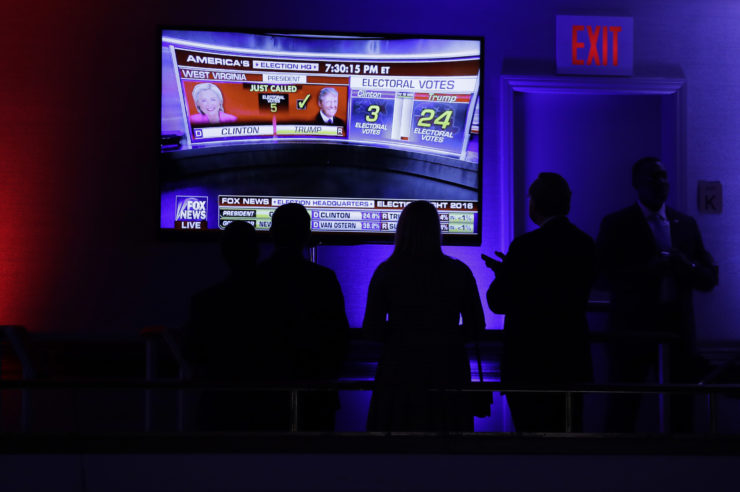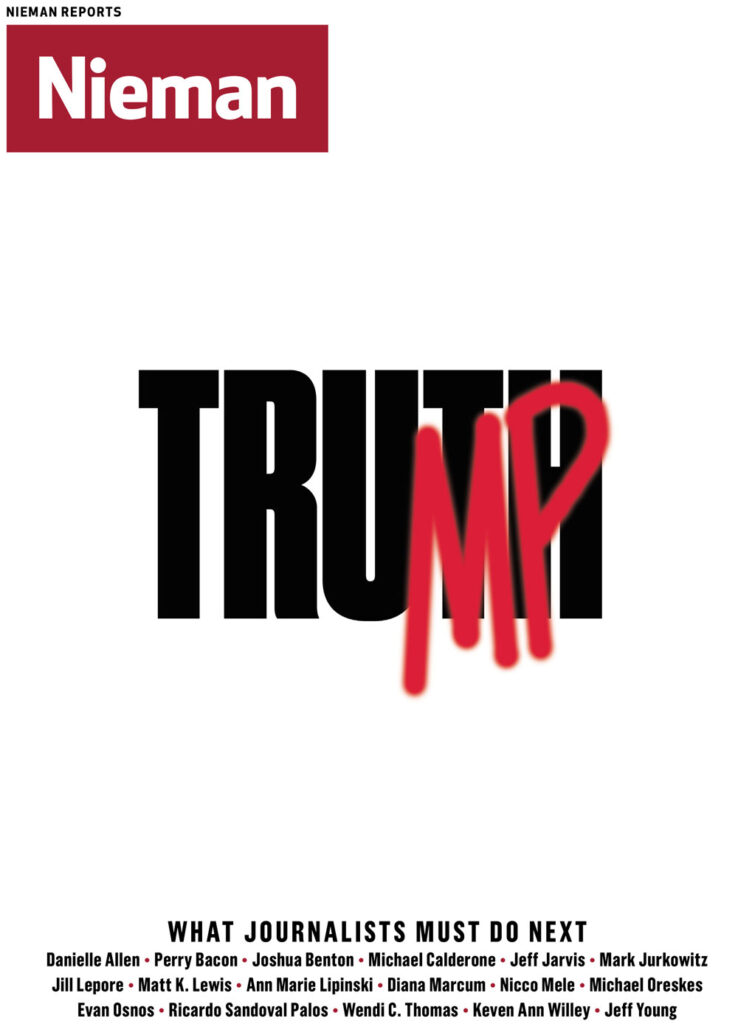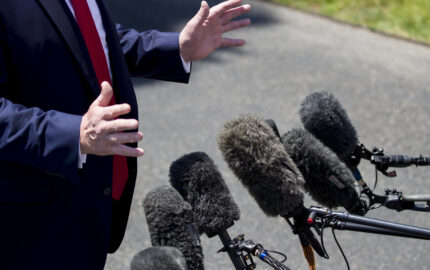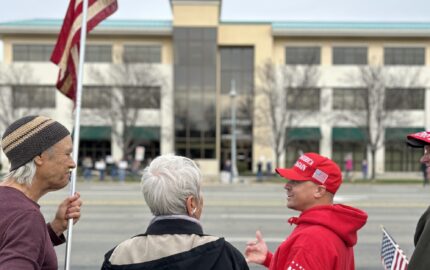One thing I worry about is the seeming expectation that the press should have been able to predict the outcome of the election. And that "we got it wrong." Clairvoyance is the stuff of fortune tellers; journalists report on the world. We find truths, examine ideas; we tell stories of experience, struggle, aspiration. Editorials provide interpretation, perspective, advocacy.
There's a legitimate discussion to be had about whether the media told a full range of stories to accurately portray America's mood leading up to this election. But to morph that assessment into fault for failing to predict the election's outcome seems a subtle but significant error in expectation.
All the media mea culpas I'm reading are starting to feel a bit schadenfreude.
Yes, scientific polls have value as a diagnostic tool. For example, learning that white women–across the board, college educated or not–favored Trump over Clinton by 10 percentage points is useful information for what it tells us about message-resonance with that cohort.
But the media too often portray election polls as implicit predictors of an outcome. Poll stories masquerade as serious journalism, bumping more meaningful and, admittedly, complicated stories to second-tier status in both development and presentation. This reduces political coverage to a horse-race spectator sport—who’s up, who’s down, who said this, who said that.
Economists say the U.S. is experiencing the highest rates of discouraged and unemployed men ages 20-65 since 1940. Nicholas Eberstadt, Andrew Sullivan, J.B. Vance, Robert Putnam—among others—have written about the decline of white lower-middle-class America. The statistics are gruesome. The news isn't that there's an income disparity, it's that this disparity is deepening at an alarming rate and fueling ugly waves of fear, prejudice and anger across the country.
How much did you read about this in the mainstream press during this campaign season? Or on your Facebook or Twitter feeds? Compare that to how much you read about the latest poll or the latest outrageous candidate quote.
The contrast is stark.
This loss of hope for economic prosperity across much of America may have had the biggest impact on the election’s outcome, yet it’s the phenomenon most Americans read the least about.
It’s good to remind ourselves that the media aren't in the business of telling people what to think. And we shouldn't assess our success or failure by how many voters "agree with us"—whatever that means.
We're in the business of providing real news, pertinent information, and valuable analysis so people can make their own informed decisions.




